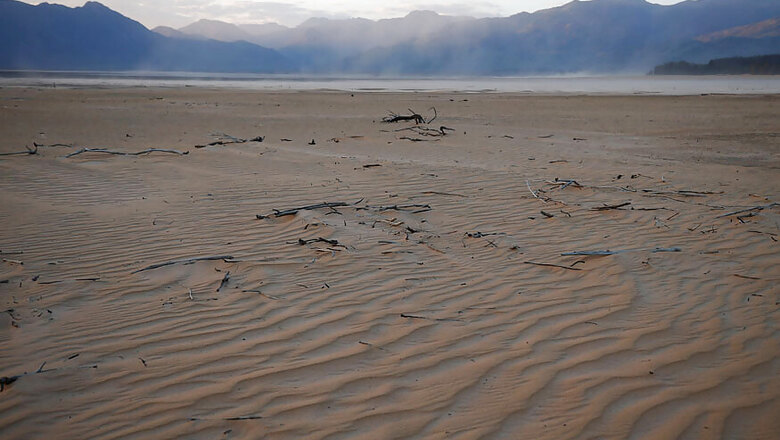
views
The legislative capital of South Africa, Cape Town, is in crisis mode right now. The city is 90 days away from becoming the world’s first city to run out of water, with the city administration calling it ‘a point of no return.’ The city pushed forward ‘Day Zero’ when the administration has said that it will be forced to shut down water supplies to all, except necessary consumers like hospitals.
The city council is all set to vote on Friday to revise tariff plans for consumers. “We can no longer ask people to stop wasting water. We must force them. We have listened to the comments of thousands of residents asking for fairness. The council will be voting on a punitive tariff that will charge residents exponentially higher rates for water usage above 6 000 litres per month,” a statement by the council said on Thursday. As per the new rates, for consumption of 6,000 litres, consumers will now have to pay R145.98 as against R28.44 that they paid earlier. Tariffs go up to R20619.57, which is for a consumption of 50,000 litres.
“It is quite unbelievable that a majority of people do not seem to care and are sending all of us headlong towards ‘Day Zero’. At this point we must assume that they will not change their behaviour and that the chance of reaching ‘Day Zero’ on April 21, 2018 is now very likely,” the city council said.
Is Day Zero Just To Scare People?
No. It’s legit and real. The day is calculated every week depending on the water consumption in the city. On January 8, mayor Patricia De Lille revised the ‘Day Zero’ date from April 29 to April 22. The city will not literally go dry, but water supplies will be restricted.
What Happens Once Water Is Restricted?
Residents will have to travel to one of the many community water points run by the municipality to fill water. The water that they can store has been reportedly capped at a maximum of 50 litres. All water points will be guarded to ensure that nobody takes more than their respective share.
“We will be moving to level 6B restrictions with a new limit of 50 litres per person per day to make up for the many months of missing the 500 million litre per day collective consumption target. The new restrictions will come into effect on February 1, 2018. The new daily collective consumption target is now 450 million litres per day. This will be in place for 150 days after which the city will reassess the situation. Level 6B restrictions will also limit irrigation using boreholes and well points,” the council said.
Was Day Zero Expected?
Experts have always argued that the water capacity of the town has not matched up to its rising population. Additionally, the city has been a ‘three-year drought’ that happens once in a millennium. While experts believed that the drought was because of El Nino which struck in 2015, the drought continued. As the climate changes for the worst, the African country is expected to receive less and less rainfall.




















Comments
0 comment